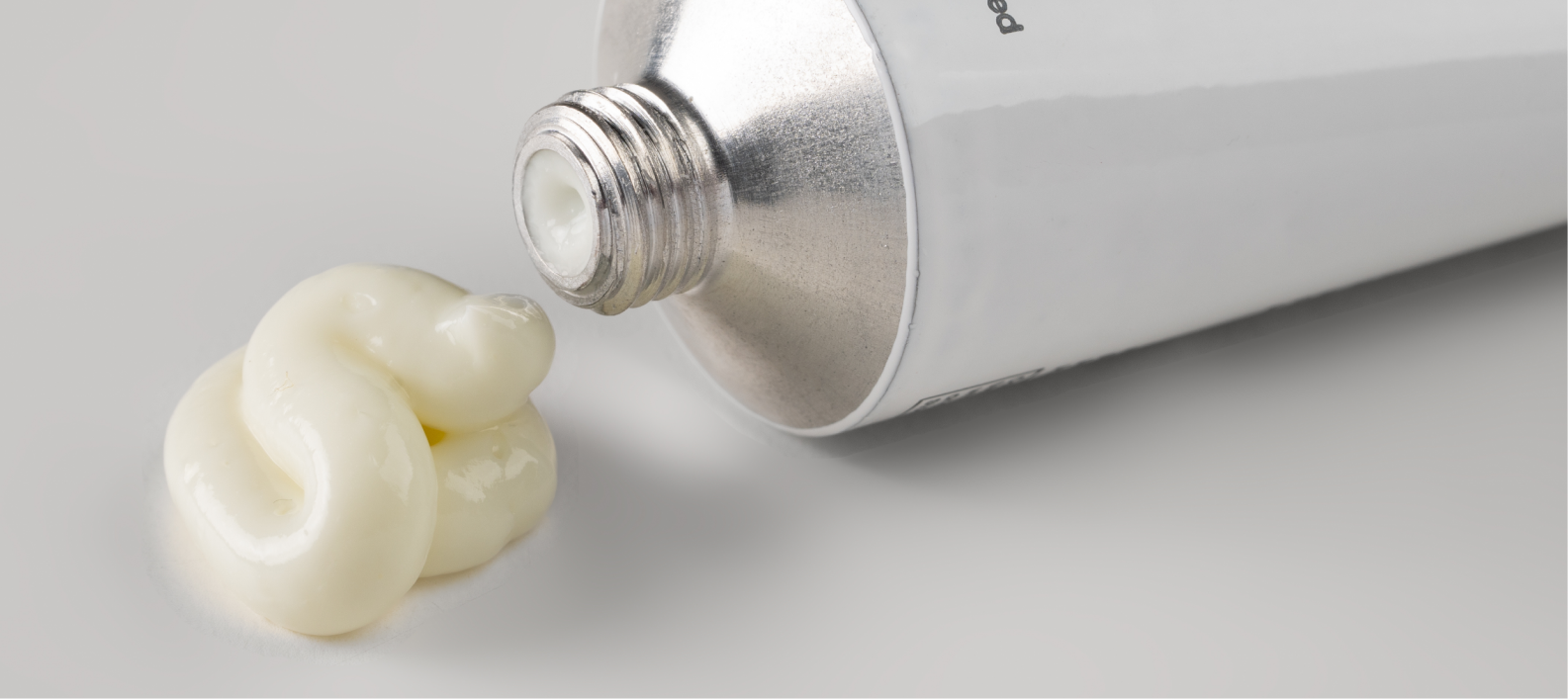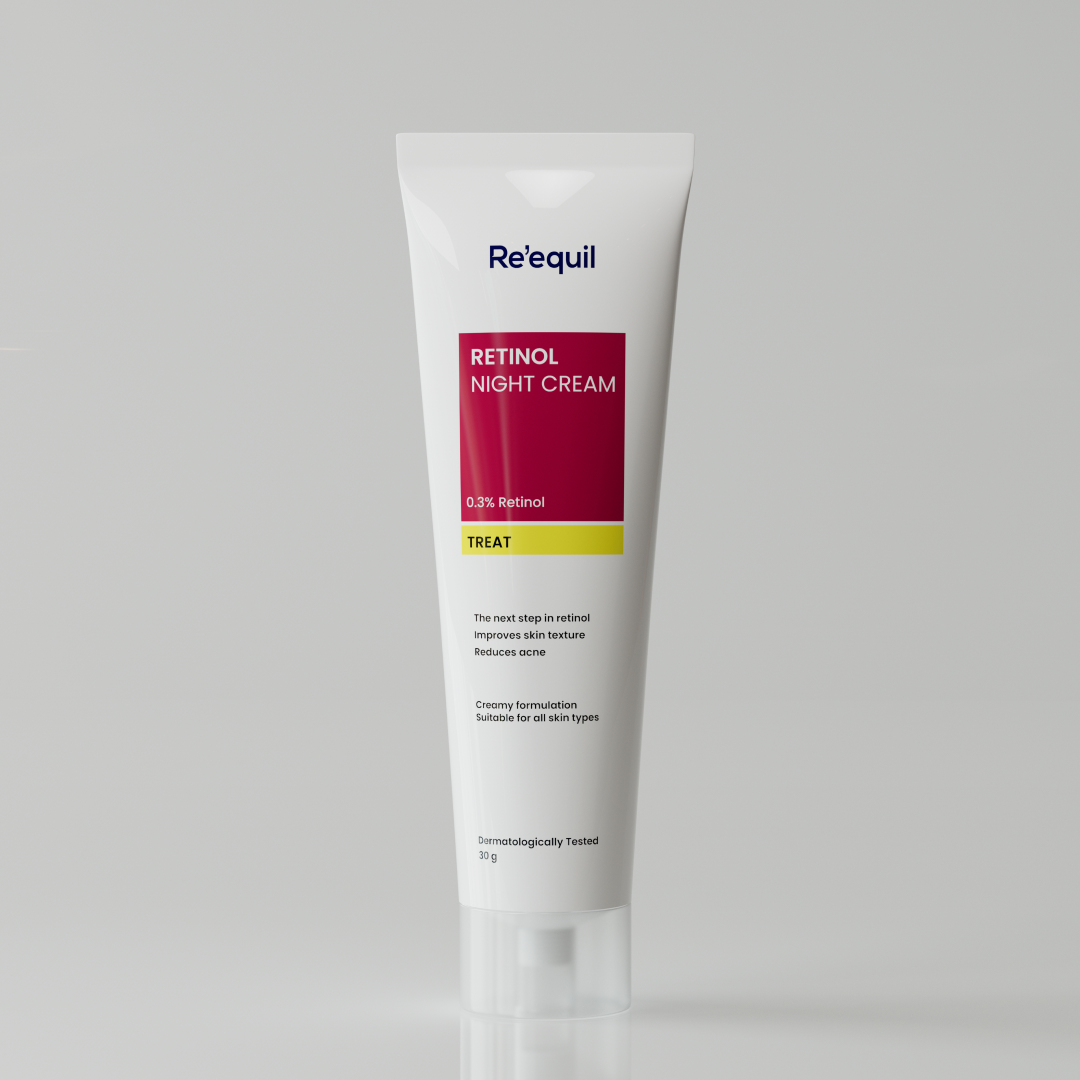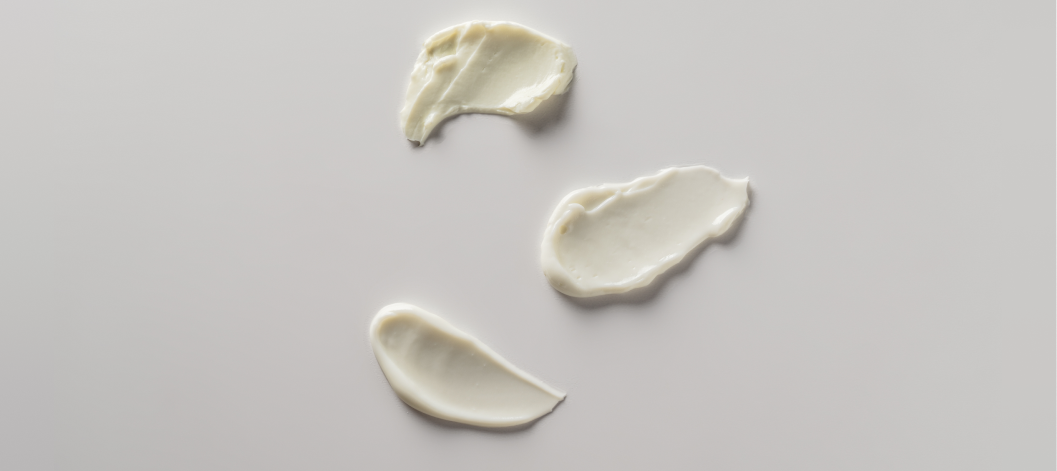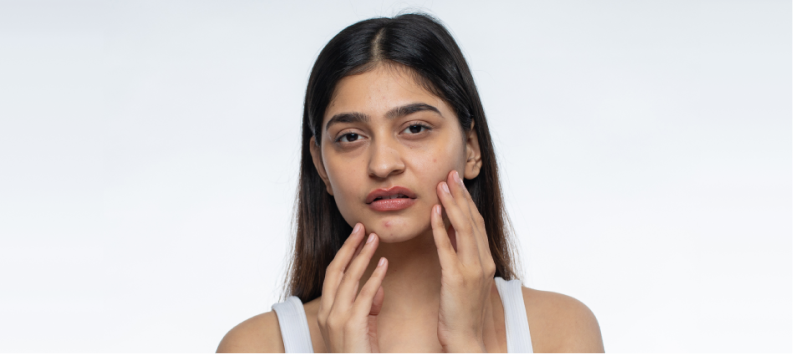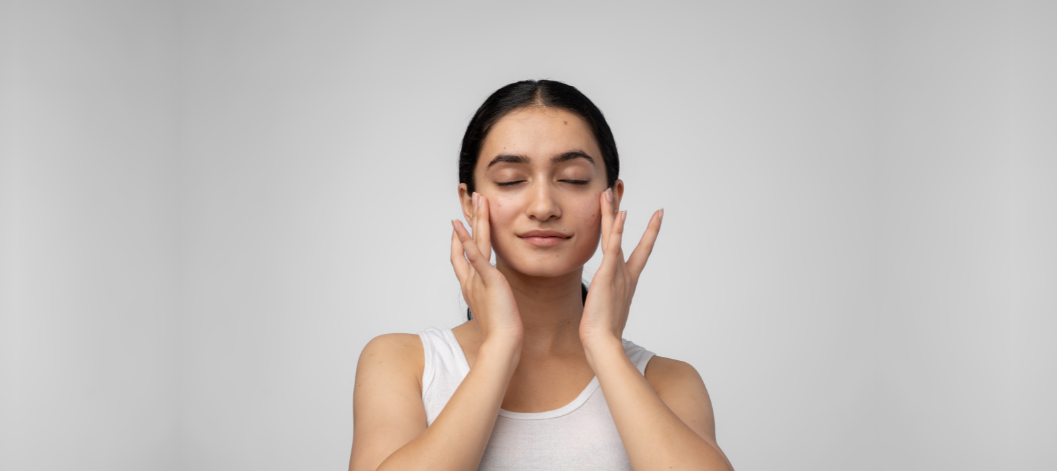Undoubtedly, Retinol is one of the most effective skincare ingredients that can help you treat several of your skin concerns.
But, there’s a catch; not all Retinol strengths are equally effective—you need to find out which Retinol strength is suitable for you.
So, is Retinol 0.3% the right one for you?
Let’s find out in this post.
How is Retinol 0.3% Different from Retinol 0.1%?
In simple terms, 0.1% concentration is for beginners and 0.3% is for individuals with pre-exposure to Retinol.
Retinol 0.3% is also known as an intermediate concentration.
For example, an individual who was previously using 0.1% concentration but couldn’t get rid of stubborn pigmentation and acne scars—can switch to 0.3% for better results.
Who Should Use Retinol 0.3%?
Age is definitely not a factor. Often, individuals think a higher concentration of Retinol can only be used by someone in their 40s and above.
However, what matters is your previous experience with Retinol.
Let’s say, for whatever skin concerns, you started using Retinol 0.1%.
Although this concentration is quite effective and has several benefits, it may not treat fine lines, wrinkles and hyperpigmentation—adequately.
So, once you feel that your skin has absorbed all the benefits of Retinol 0.1% cream—you can move up a ladder—and incorporate 0.3% in your skincare regime.
On the flip side, an individual who has mature skin or is dealing with severe hyperpigmentation and acne scars—can start its Retinol journey with 0.3%.
What are the benefits of 0.3% Retinol?
Since 0.3% is an intermediate concentration, it does have some amazing benefits, including -
Reduces Hyperpigmentation
Along with the outer layer of your skin, Hyperpigmentation affects the deeper layers as well. So you do need something stronger to treat this.
This concentration of Retinol boosts collagen and elastin production in your skin cells. The process helps fade hyperpigmentation by providing a new structure to the skin and giving it the flexibility to repair skin cells.
Controls Acne
Retinol exfoliates the dirt, dead skin cells, and excess oil from your pores on the outer layer of your skin. Which helps prevent the formation of pimples.
Unlike other acne treatments, Retinol’s molecules reach the deeper layers of your skin and stimulate collagen and elastin.
This not only helps with the acne but reduces the scars of your current breakouts.
Reduces fine lines and wrinkles
Free radicals can damage skin cells, causing premature ageing. Free radicals are caused by environmental damage such as harmful UVA rays, pollution, etc. Retinol helps neutralise free radicals once they reach the middle layer of your skin. This gives your skin a smoother appearance, which eventually reduces the appearance of fine lines and wrinkles.
Are all skin types suitable for Retinol 0.3%?
Yes, Retinol is a multifaceted skincare ingredient that almost any skin type can benefit from.
However, each skin type needs a different approach to get the best out of Retinol—especially higher concentrations such as 0.3%.
Dry skin lacks moisture, which inhibits the skin’s natural ability to bounce back. This makes the skin more prone to fine lines and wrinkles. Although Retinol may cause dryness at first, it can effectively help reduce the appearance of wrinkles. Make sure to use hydrating skincare products
Oily skin can benefit greatly from Retinol 0.3% since it’s known for its ability to control excess sebum production. You can pair Retinol with an oil-free moisturiser to create an ideal balance.
Retinol 0.3% is specifically formulated to address fine lines and wrinkles, which are the primary concerns of mature skin. Retinol will exfoliate the skin to increase collagen production, giving skin a fresher and more youthful appearance.






